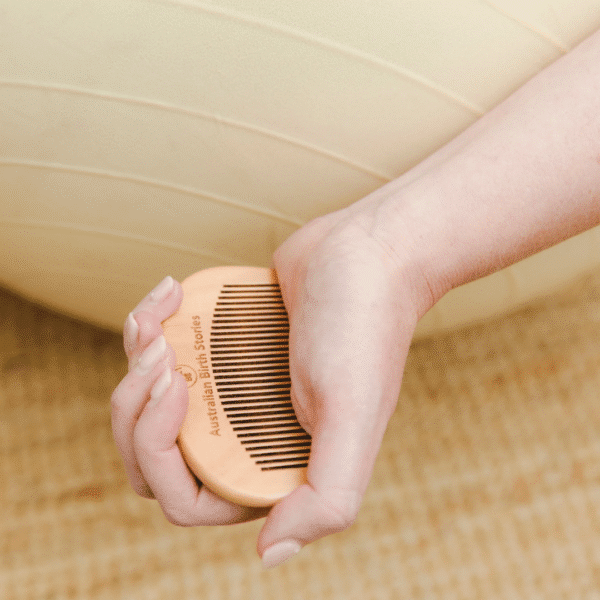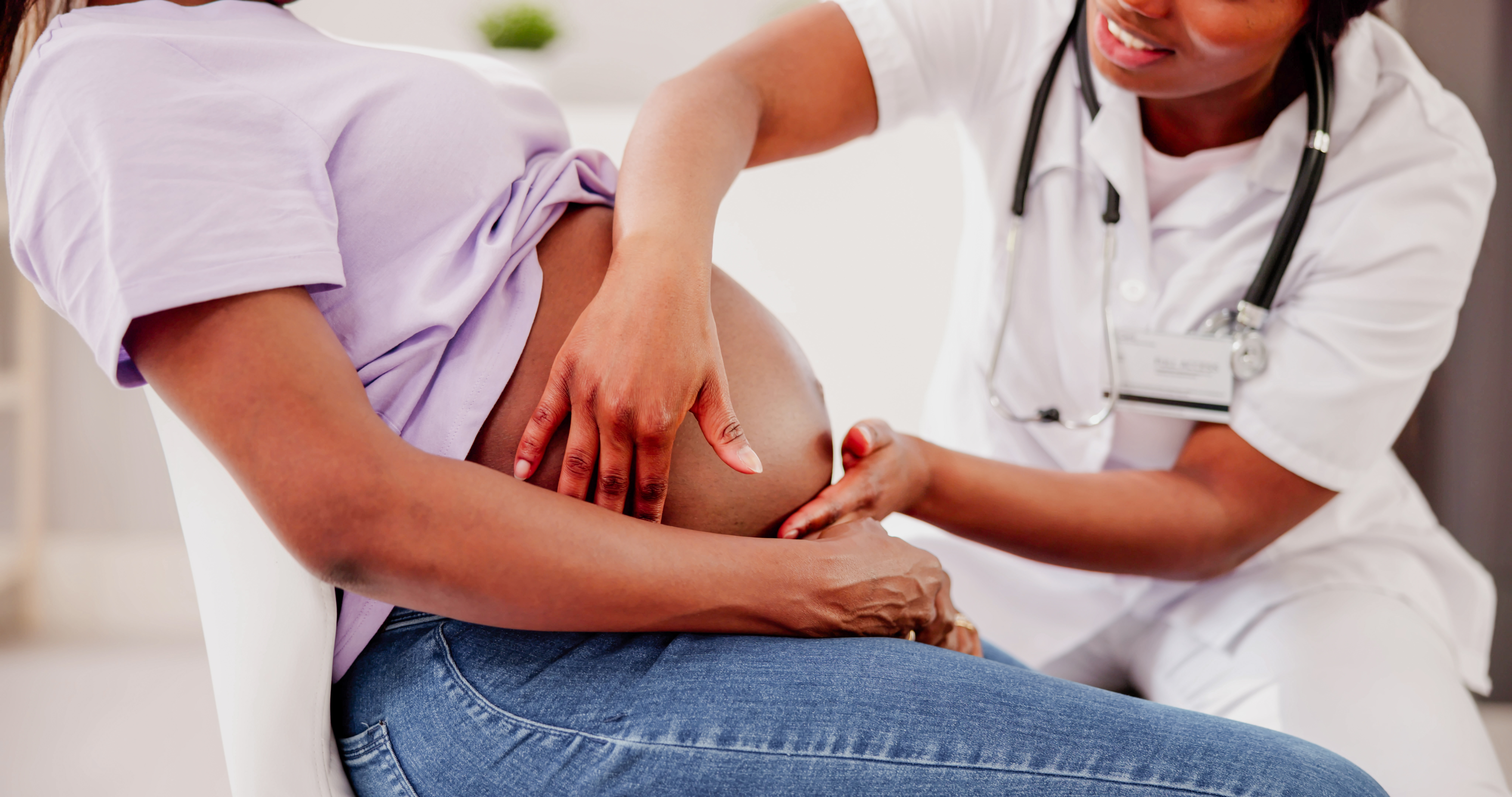Pregnancy Five Things You Need to Know About Private Maternity Care
Five Things You Need to Know About Private Maternity Care

Understanding your pregnancy care options can feel overwhelming, especially if you’re in your first trimester and challenged by nausea and fatigue. Most women in Australia will opt for pregnancy and birth care in the public hospital system which is completely free if you have a Medicare card. However, there are myriad reasons why you may be more inclined to choose private care either with an obstetrician or a midwife, including: you’re high-risk, you know the benefits of continuity of care, you want to stay in a private hospital, you want a homebirth, you’ve previously experienced birth trauma.
Make sure you listen to episode 399 where I chat with private obstetrician, Dr Natalie Elphinstone and private midwife, Liz Wilkes about your care options, health insurance rebates and the benefits of private continuity of care.
For now, here’s five things you need to know about private maternity care:
- Private obstetric health cover is an extra : contrary to popular belief, standard hospital cover doesn’t include maternity care. If you want to give birth in a private hospital with a private obstetrician, you’ll need to call your health insurer and increase your cover to include obstetrics. This generally comes with a very strict 12 month waiting period. }
- Your estimated due date (EDD) needs to come after the 12 month waiting period : don’t expect any leniency around this (and we all know that babies come when they’re ready, not by the calendar) because even women who have birthed two days before their health insurance cover kicks in have not been able to claim anything. Keep this in mind if you’re trying to conceive (TTC) because the costs of private obstetrics in a private hospital without rebates are significant, especially if you need specialised care.
- Private hospitals have out of pocket expenses : private obstetric cover doesn’t cover you for everything. Your obstetrician will request a rebate as will the private hospital and the anaesthetist (if you have one). Your chosen hospital will also have specific costs related to your stay so it’s a good idea to call them to discuss.
- Private midwives can attend hospital births : if you know the benefits of continuity of care with a known midwife – reduction in preterm birth, less likelihood of induction, positive birth outcomes, better breastfeeding results – but you want to birth in your local public hospital, this is absolutely possible. It also means that your birth will be covered by Medicare which means you’ll get rebates for antenatal and postnatal care through either Medicare or your health insurance.
- Health insurance covers private midwives and homebirths : it’s best to look into your specific cover and also discuss with your chosen midwife but generally speaking, the costs of a homebirth will be claimable through your private maternity health cover.
Are you concerned about the climate crisis? It’s easy to presume that your day-to-day choices don’t matter, but when you bank ethically, you can rest assured that you’re putting your money where your values are. Bank Australia knows that hitting net zero emissions by 2050 is too late for the planet, hence they have the most ambitious net zero target of any Australian bank and aim to reach it by 2035. The time for decisive climate action is now and it starts with your money. Bank Australia walks the talk when it comes to climate; all their offices run on 100% renewable electricity, they’ve been carbon neutral since 2011 and they help protect over 2000 hectares of nature in Western Victoria by partnering with Greening Australia and Trust for Nature and working with Traditional Owners. Bank Australia believes that our money can be used to create a world where we can thrive on a sustainable planet. If you choose climate, choose Bank Australia.
Head to bankaustralia.com.au/birth to make the change today.
Categories
Related Products
-
Birth Combs: Harness Your Body’s Natural Pain Relief
$24.95Crafted from smooth, natural wood, our birth combs activate specific pressure points in your hands that trigger your body’s innate pain-relieving responses.
Get your copy of our Perineal Massage Guide in your inbox
Keep Reading
We think you might enjoy these articles

The Emergency C-Section Checklist You’ll Be Thankful You Had
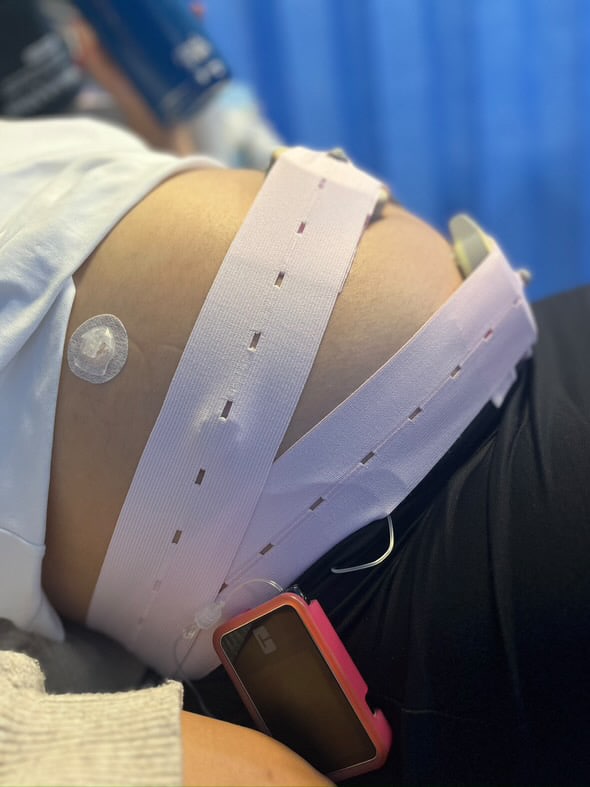
Pre-existing Diabetes and Pregnancy: What You Need to Know

Harnessing the Power of Acupressure: A Natural Approach to Preparing for Birth
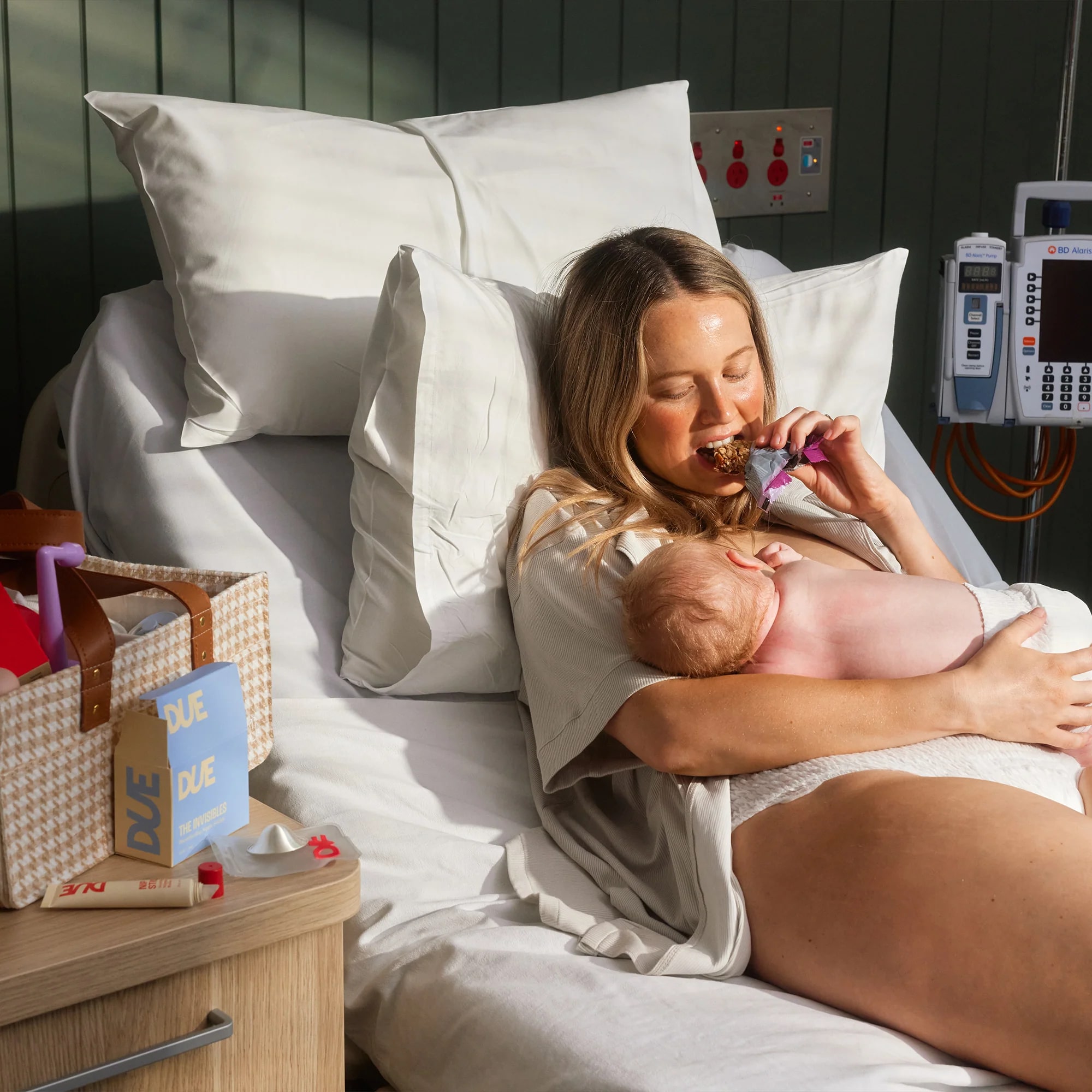
Thoughtful Christmas Gifts for your Pregnant Friend.
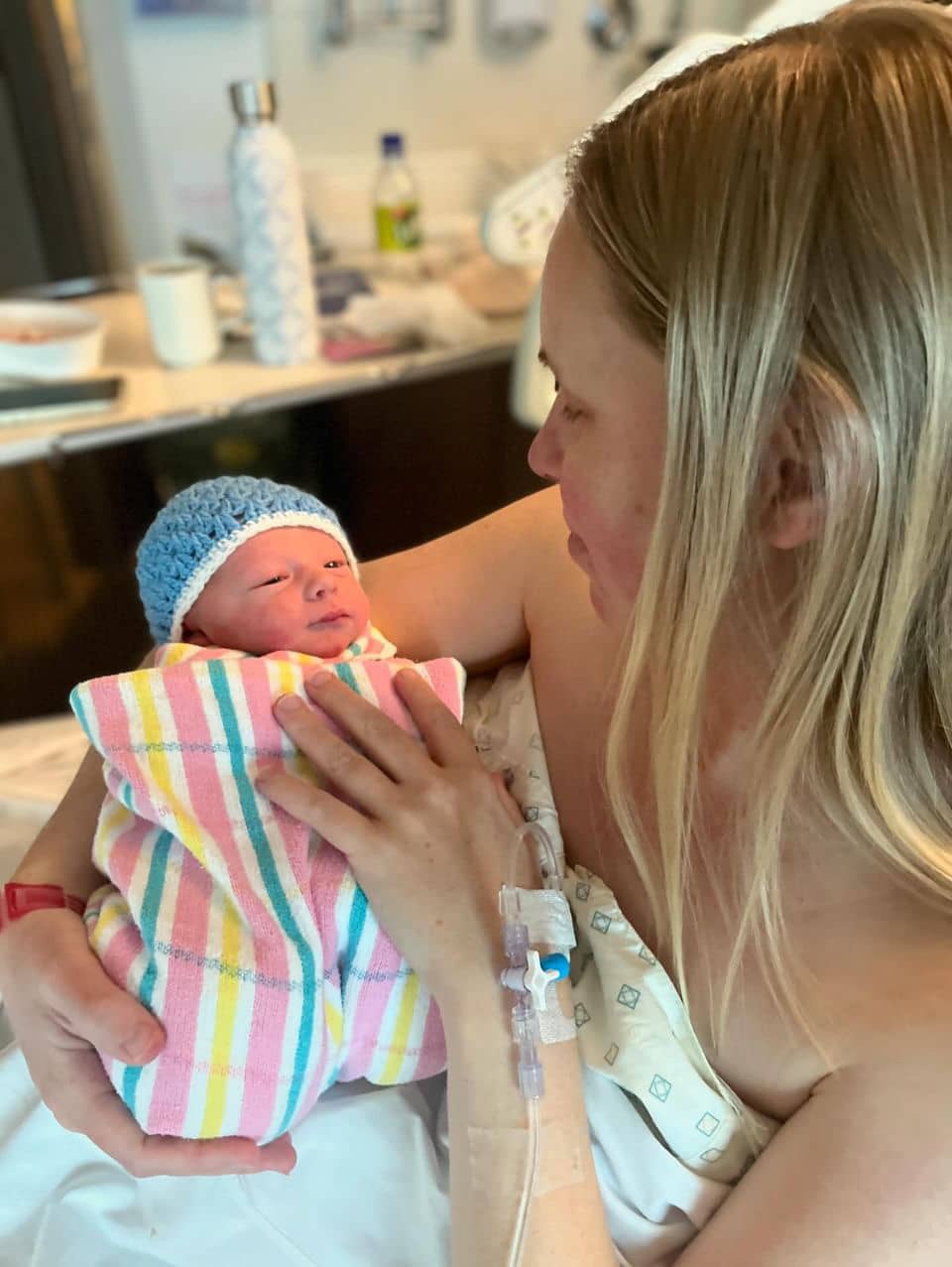
What is Pre-eclampsia?

Non-invasive Prenatal Testing (NIPT)
@AustralianBirthStories
Follow along with us
@AustralianBirthStories
Follow along with us
@AustralianBirthStories
Follow along with us
@AustralianBirthStories
Follow along with us
@AustralianBirthStories
Follow along with us
@AustralianBirthStories
Follow along with us
@AustralianBirthStories
Follow along with us
@AustralianBirthStories
Follow along with us
@AustralianBirthStories
Follow along with us
@AustralianBirthStories
Follow along with us
@AustralianBirthStories
Follow along with us
@AustralianBirthStories
Follow along with us

